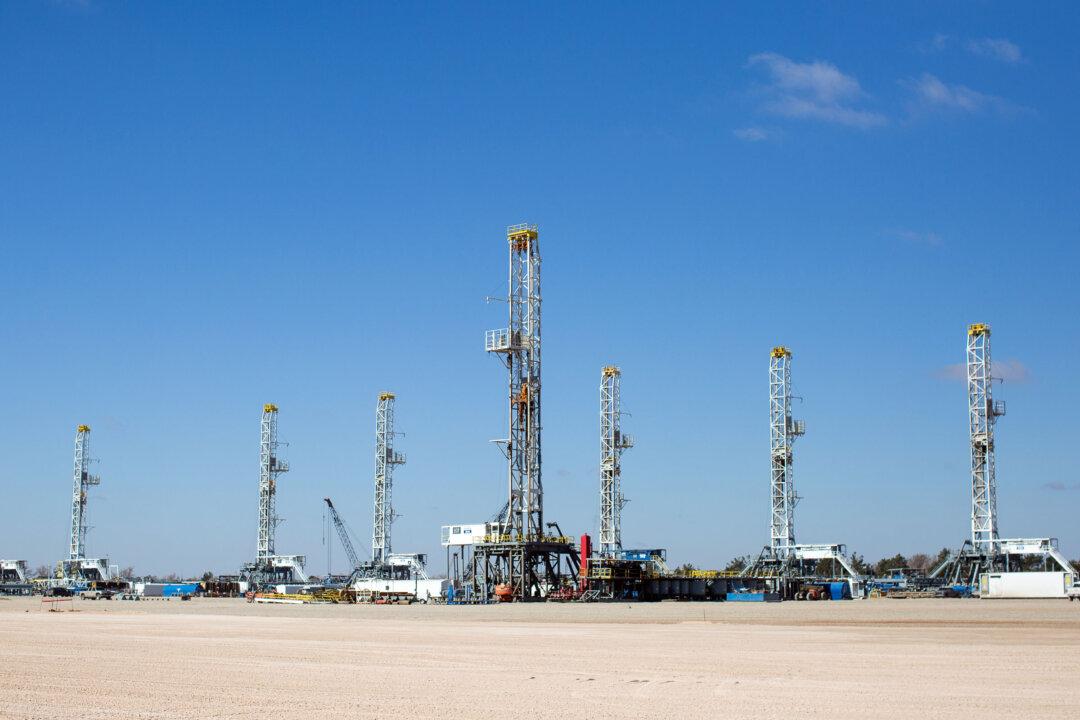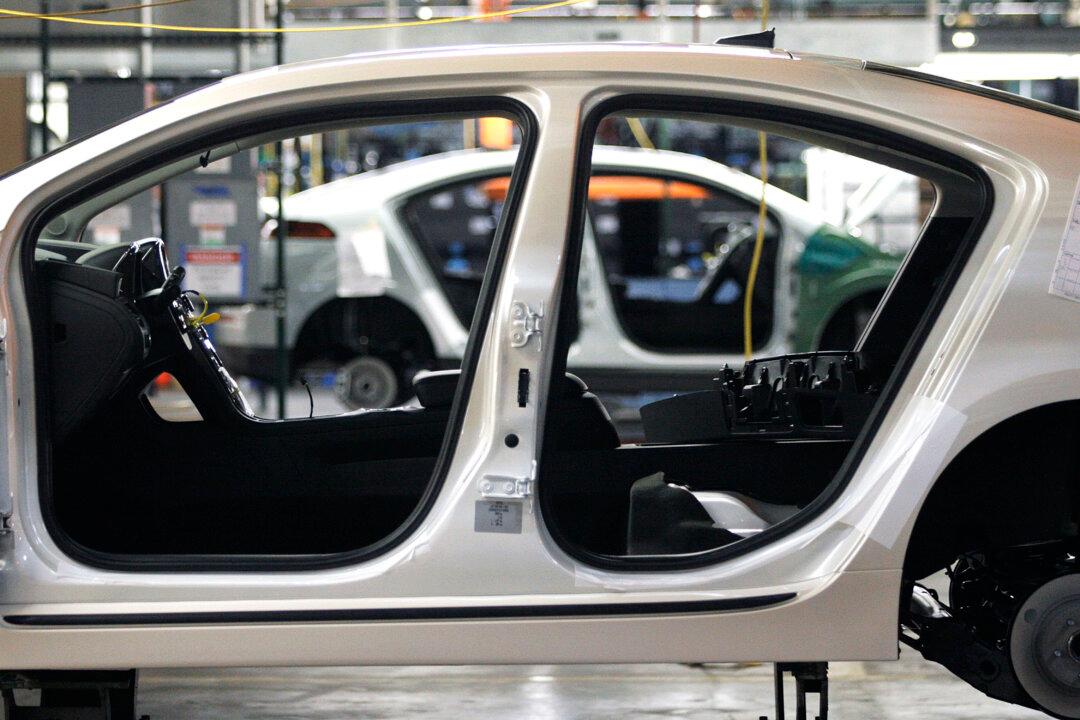NEW YORK—The World Trade Organization (WTO) reportedly issued a preliminary ruling on Friday partially in favor of Boeing Co. in its longstanding dispute with rival Airbus SAS over government subsidies.
Boeing, the U.S. aerospace giant, in 2005 petitioned the Geneva-based WTO to investigate billions of dollars in government subsidies received by its chief rival, Airbus. On Friday, the WTO in a preliminary ruling affirmed Boeing’s charges that Airbus unfairly received such loans from European governments—though a portion of the charges were tossed out.
Boeing and Airbus have a long history of dispute, and what’s at stake isn’t merely the $600 billion global aerospace industry. The outcome could impact trade relations between the world’s largest economic concerns—the United States and the European Union (EU). Boeing is a major U.S. exporter and the governments of the U.K., France, Germany, and Spain essentially control Airbus, a subsidiary of defense contractor European Aeronautic Defence and Space Company (EADS).
At the heart of the debate is the role of government subsidies. Does it have a place in a free market economy? Most “laissez-faire” economists would argue against it, but governments have other priorities in mind, such as protecting domestic jobs.
“Any Airbus plane that flies based on unfair launch subsidies, as we now know to be the case, is a plane that has the wrong kind of lift,” said U.S. Rep. Jim McDermott (D-Wash.) in a statement. “The marketplace deserves fierce but fair competition and it is time for Airbus to accept the challenge.”
Boeing is based in Chicago but its manufacturing facilities are mostly based in the Seattle, Washington area.
Hollow Victory?
But declaring a win for Boeing is premature. In several months’ time, the WTO will rule on a counterclaim filed by Airbus that Boeing received substantial trade subsidies from the U.S. government.
Appeals from both companies could drag out the process until well after 2012
Regardless, the EU doesn’t seem to be in a mood to stop the subsidies. “It has always been our position that any support for the A350 has no relation to the current WTO litigation,” a spokesman said last week on behalf of the European Commission, which represents its 28 member countries. The governments of France, Germany, and the U.K. have pledged loans of $4.7 billion for development of Airbus’s A350 aircraft.
This tit-for-tat battle could result in an uncomfortable trade situation between the United States and the EU, and to some analysts, couldn’t come at a worse time.
The U.S. government just finished doling out more than $700 billion in bailout funds to companies in the financial sector. European nations did the same, bolstering its banks’ financial strengths. Boeing’s complaint was filed in 2005, under a much different business landscape.
The WTO does not have authority to raise sanctions against a country or company, but it could allow the disadvantaged country—in this case the United States—to impose trade tariffs. And levying heavy trade tariffs could very well open up another can of worms.
Tankers Contract Controversy
Adding another wrinkle to the debate, Boeing is mired in a competition against a partnership between Airbus’s parent company EADS and Northrop Grumman Corp. to supply the U.S. Air Force with mid-air refueling tankers that could generate over $35 billion in revenues.
Boeing and the Los Angeles-based Northrop Grumman are competitors in the U.S. defense industry. Advocates for Boeing are already calling for the Pentagon to factor the Airbus ruling into their decision.
“The U.S. government cannot reward illegal market actions that have harmed U.S. manufacturers and stolen U.S. aerospace jobs,” said U.S. Rep. Norm Dicks (D-Wash.).
Yet politicians from Alabama, where Grumman has manufacturing facilities, are quick to counter such talk.
“It is important to remember that this preliminary report pertains to an ongoing dispute involving civil—not military—aircraft,” Sen. Richard Shelby (R-Ala.) told Associated Press.



